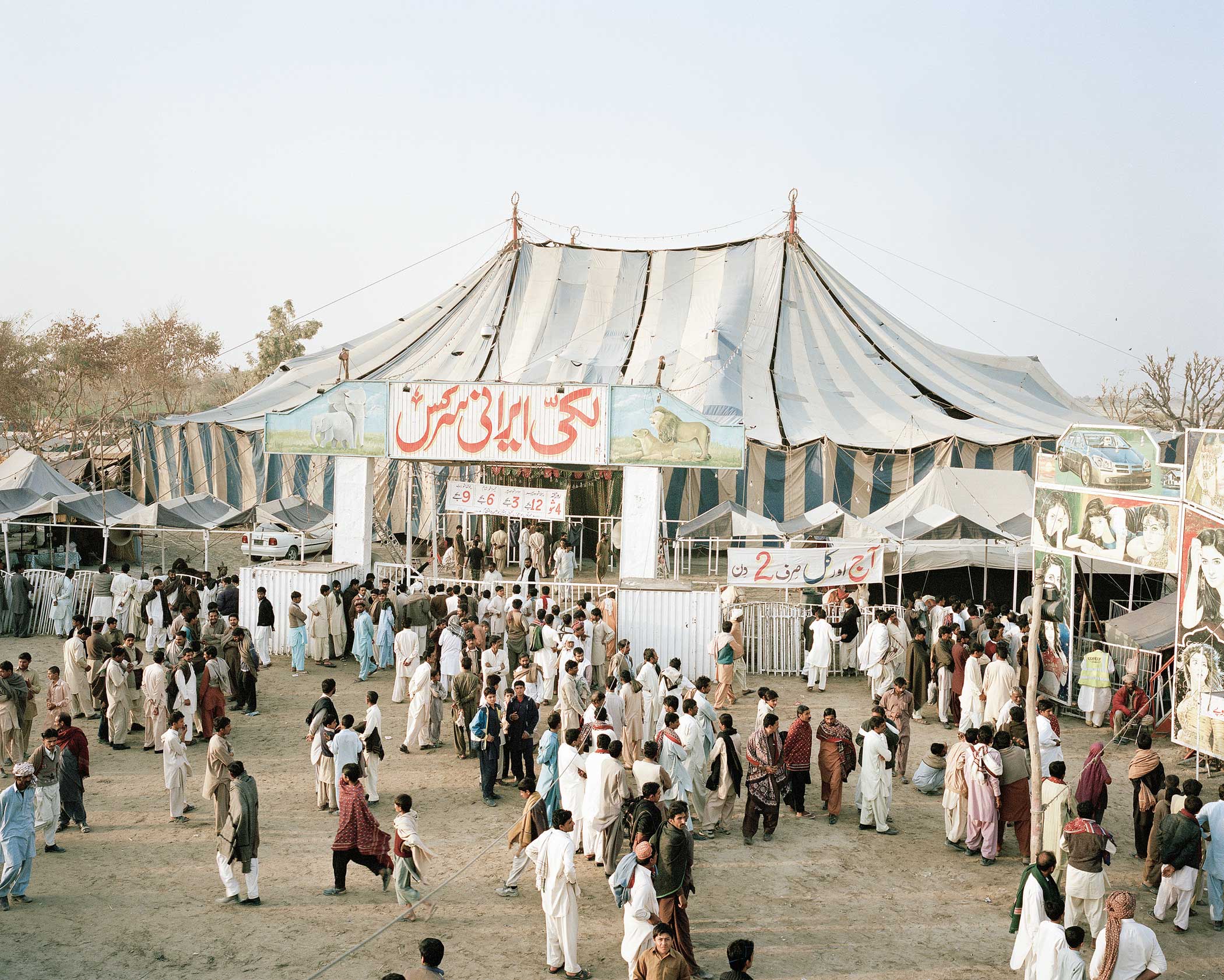
“Once the curtain opens, the show begins. The audience laughs, is amazed, some are beginning to cry. The emotions are noticeable. They are triggered by the gestures and movements of a man with a red nose, baggy trousers and a unique clumsiness.”
In 2010, while working for the Austrian civil service in Pakistan, Lukas Berger stumbled upon the traveling Lucky Irani Circus. An avid clown and juggler, he was completely enthralled. Lukas felt compelled to document circus life, but felt he lacked the photographic expertise to do it justice. He moved back to Hanover for three years to hone his skills at Hochschule Hannover’s Photojournalism & Documentary Program. Then in 2012 he returned to photograph and occasionally perform with three different circuses on three continents.
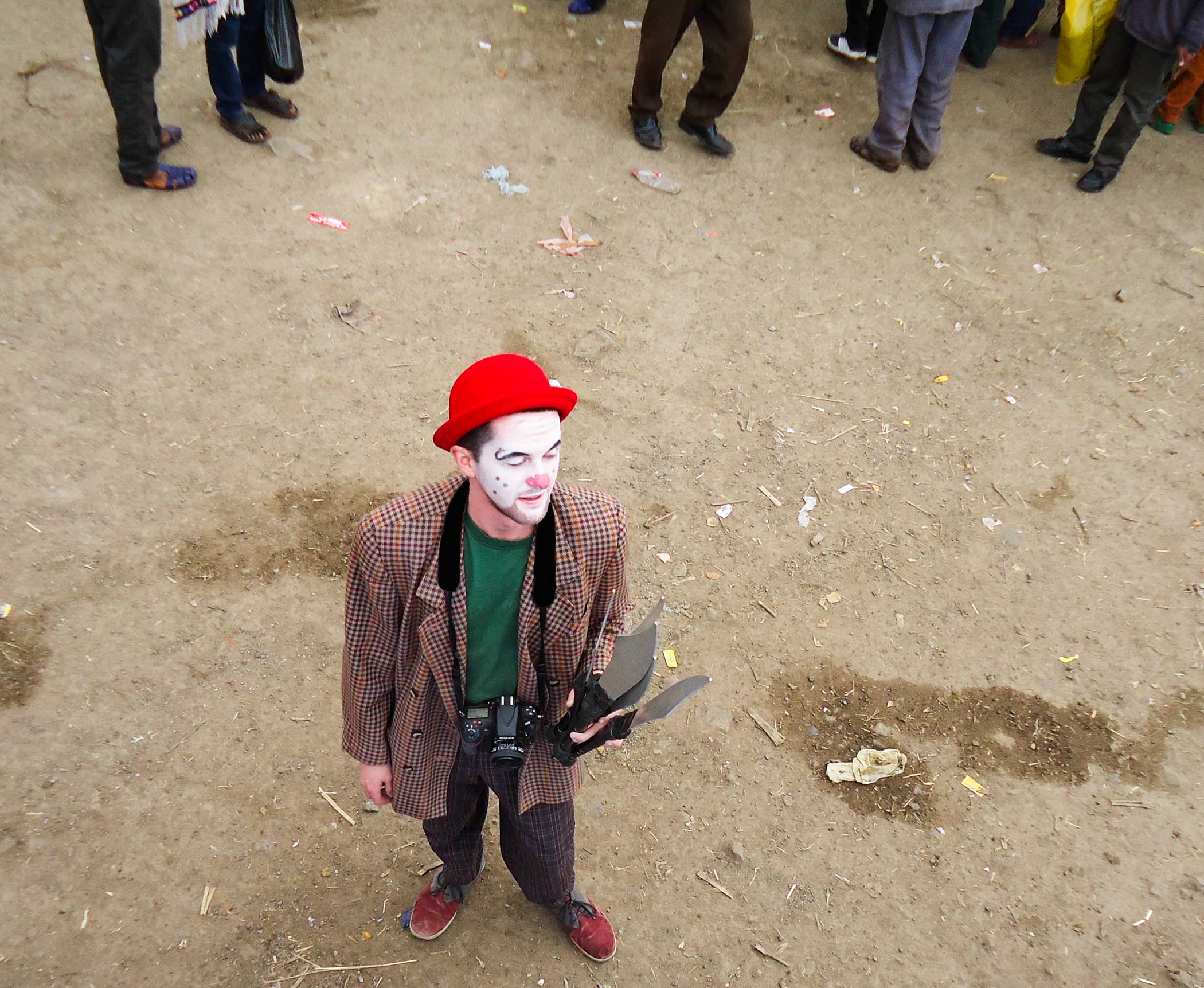
Pakistan: Lucky Irani Circus
“I slept in a different bed every day, the lions were roaring and one of the midget clowns was after me.”
All Lukas had to reconnect with the Pakistani circus was a single business card given to him by one of the acrobats. They did not have an active phone number or email address, and constantly traveled around the country. After weeks on their tail, including multiple 12-hour bus rides, he was finally able to catch up with them.
Lukas started off by tagging along. He didn’t have a place to sleep, often sleeping next to the monkey’s cage. The circus was a large-scale production, drawing crowds of up to 5,000 spectators and it was difficult for him to find his place. As he built trust with the circus, they allowed him to perform as a clown alongside two midgets, who performed a good cop–bad cop routine. In an initiation of sorts, the bad cop hit him over the head with a cricket stick during a performance hard enough to break it in half. After that incident he was allowed to travel with the circus.
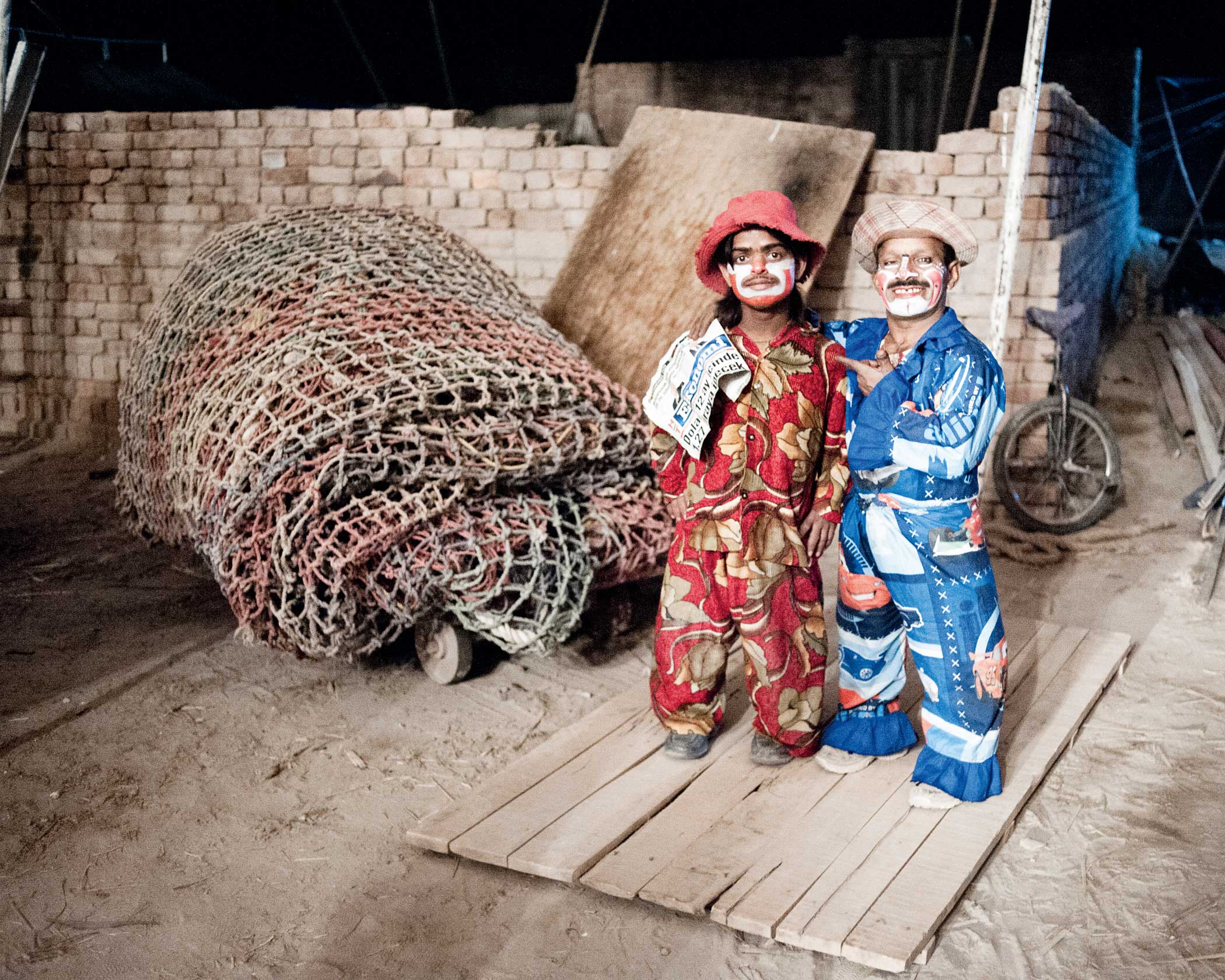
Germany: Circus Roncalli
“In the circus area there is a café, a caravan for teaching the children, an office caravan, horse stable, a ticket trolley, a workshop and stalls where you can buy popcorn and other goodies.”
Next, Lukas went to north Germany and traveled with the world-renowned Circus Roncalli for six months. This time, he lived in a small caravan of his own. The deal was that he could travel with the circus if he spent two days a week shooting images they could use for advertising and one day a week shooting for his project. The rest of the time, he trained with a few of Roncalli’s children and clowns. He also did odd jobs from selling tickets to working on the circus’s website. These duties, he said, were shared: “In a circus family, you do whatever is needed.”
He was impressed by the level of professionalism and the hierarchical structure of the circus. “Life there varies depending on contracts and level of fame. A minimum of six languages are spoken in this small circus town. Circus Roncalli is a great example of peaceful and friendly coexistence between different nationalities.”
Ethiopia: Circus Debere Berhan
“The troupe loves to perform on the streets of Ethiopian cities. Without great advertising and advance notice, half the city gathers around the performances. Shortly before the show, Yirgalem and Zakarias run on stilts through the streets to pick up as many people as possible. After the last act, young and old Ethiopians gather around the troupe and ask questions about the circus.”
After struggling to find a circus in Africa that would let him in, Lukas landed with Circus Debere Berhan. One of the few remaining circuses in the country, they perform near the capital, Addis Ababa, often walking between locations. Despite poor lighting and no heating or air-conditioning, Berger was impressed by the circus’s extreme discipline. “Despite all of these hardships, the circus manages not only to survive but to grow.” Most spectators don’t have the means to pay for tickets, as a result the circus is supported by NGOs and other European circuses. Lukas grew close to this circus, training its clowns and joining them for group meals. He loved their unique circus tradition of drinking their coffee with a side of popcorn.
Each time, Lukas was given the opportunity to stay on as a clown. Instead, he opted to move on, continuing his project elsewhere. Now he’s planning to approach a circus on another continent — his fourth — most likely in Chile.
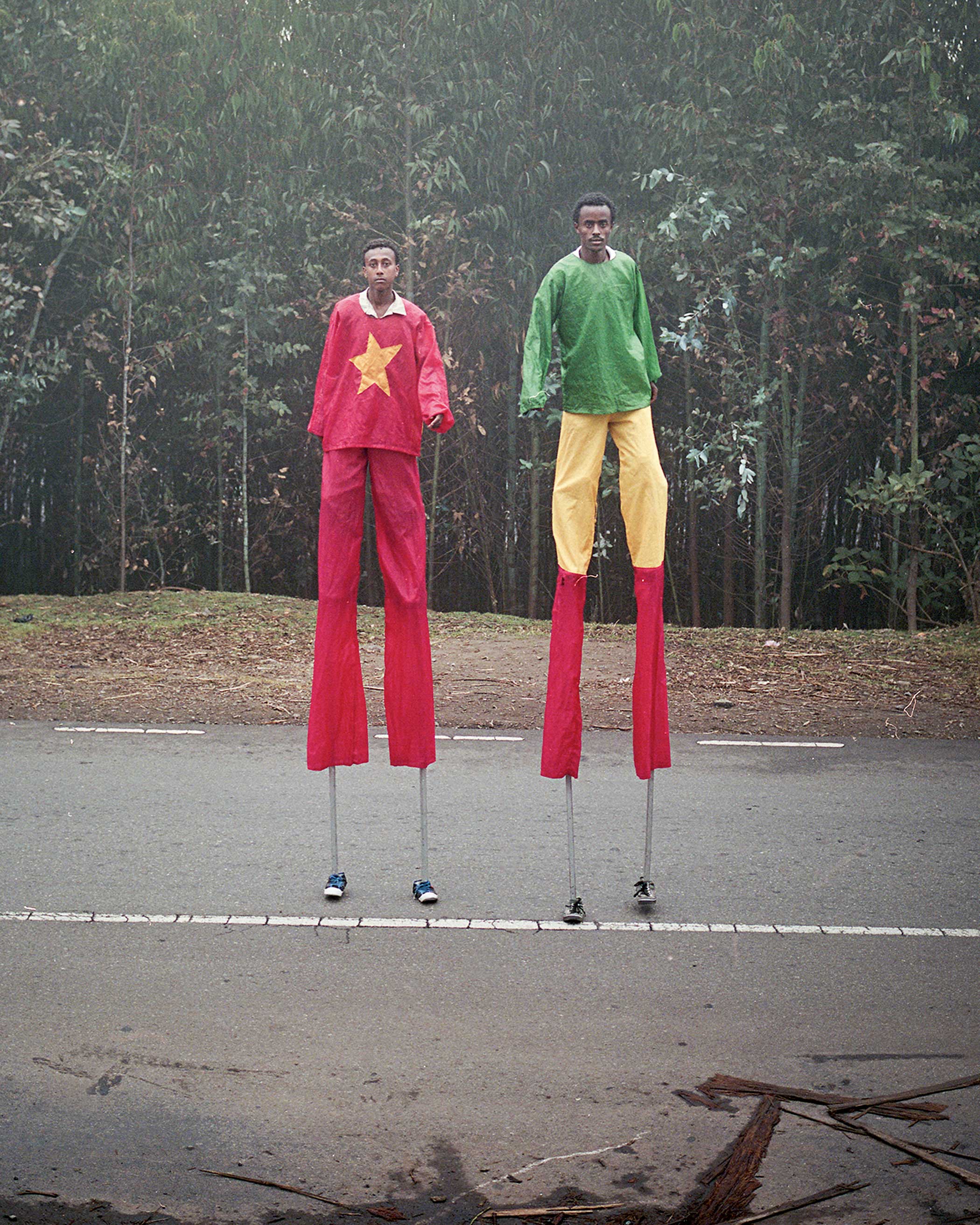
Lukas Berger is a Hanover-based Austrian photographer. Circus was published as a book by Kettler. He is also the co-founder of the gallery–art space BOHAI.
Josh Raab is a contributor to TIME LightBox. Follow him on Instagram and Twitter.
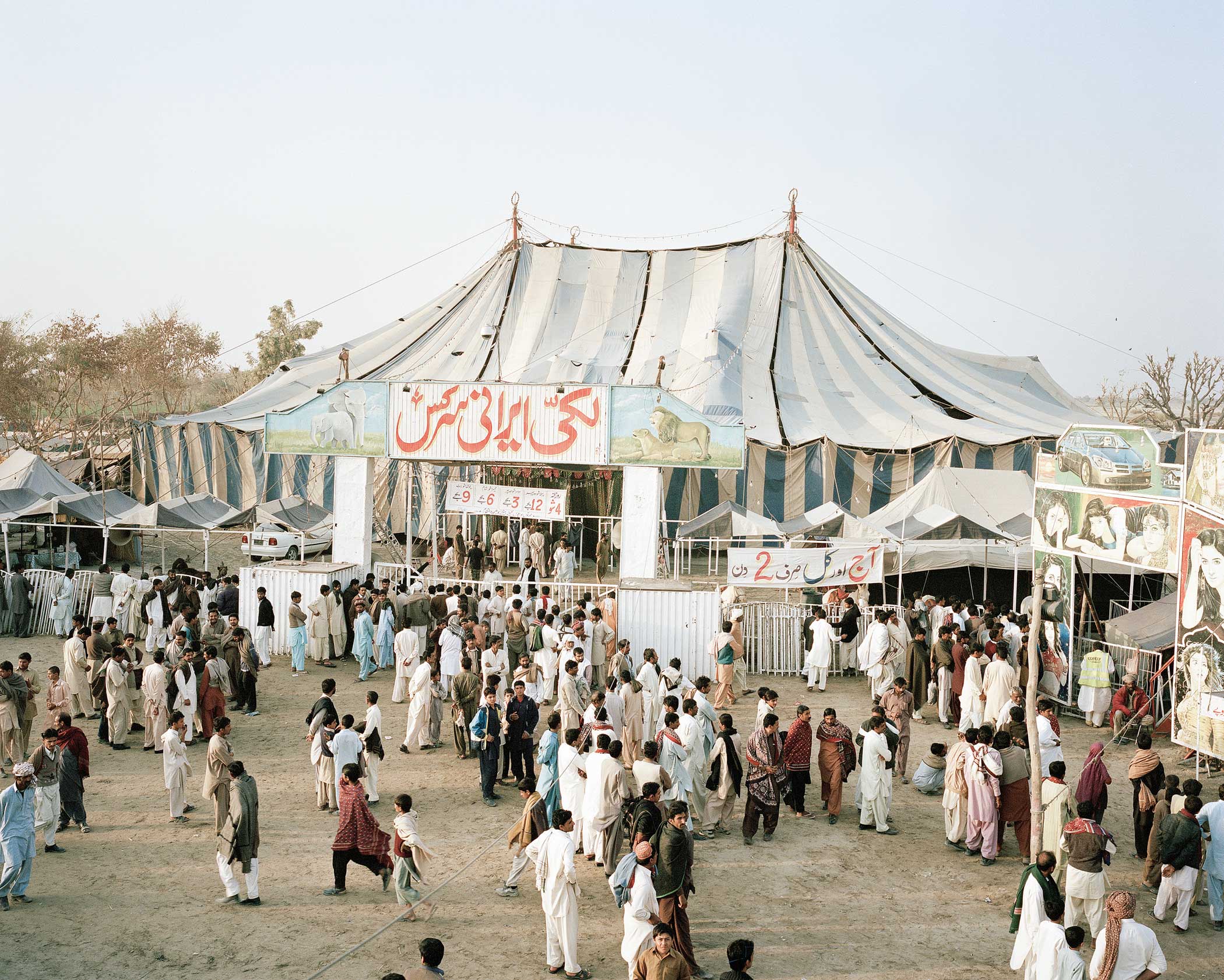
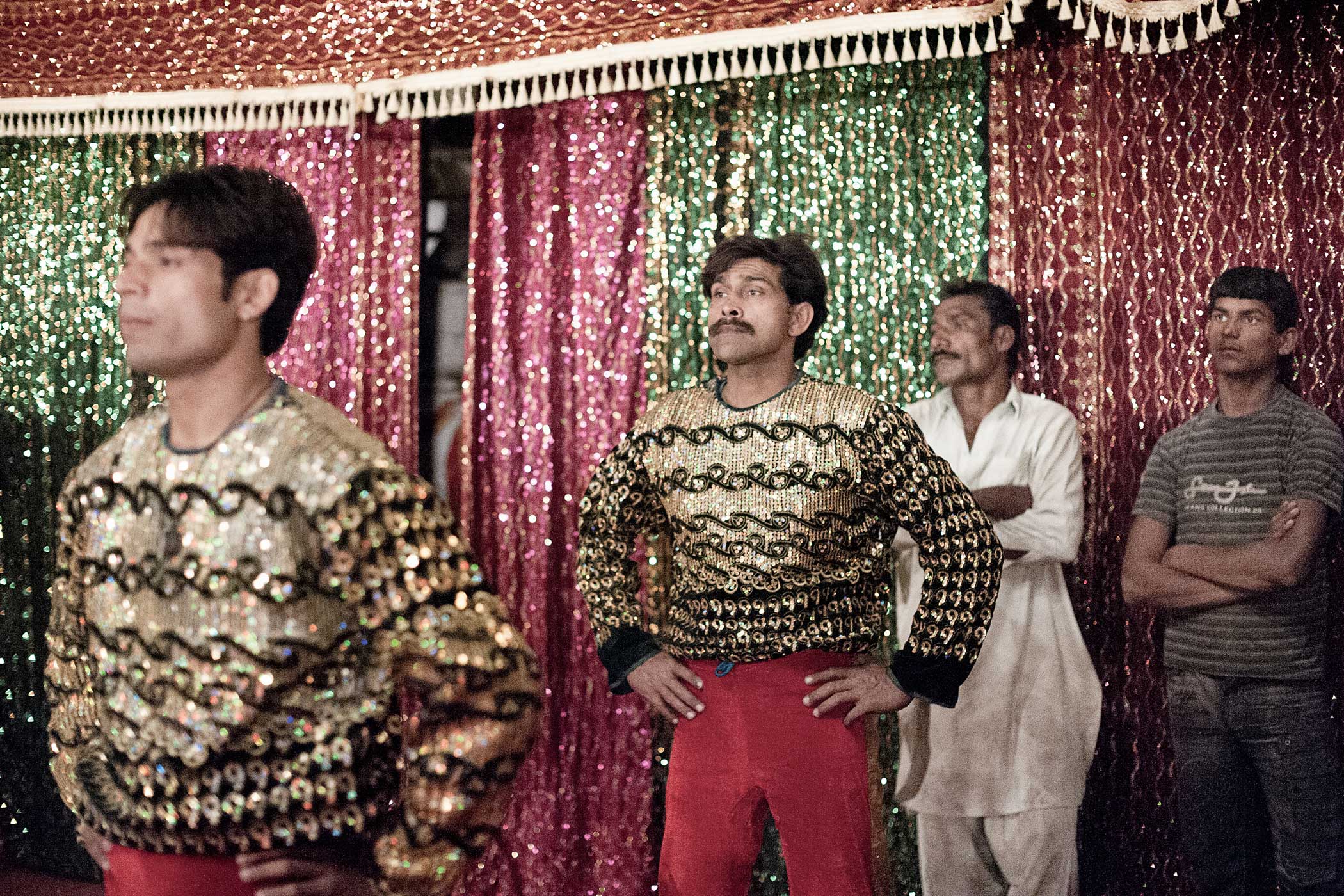
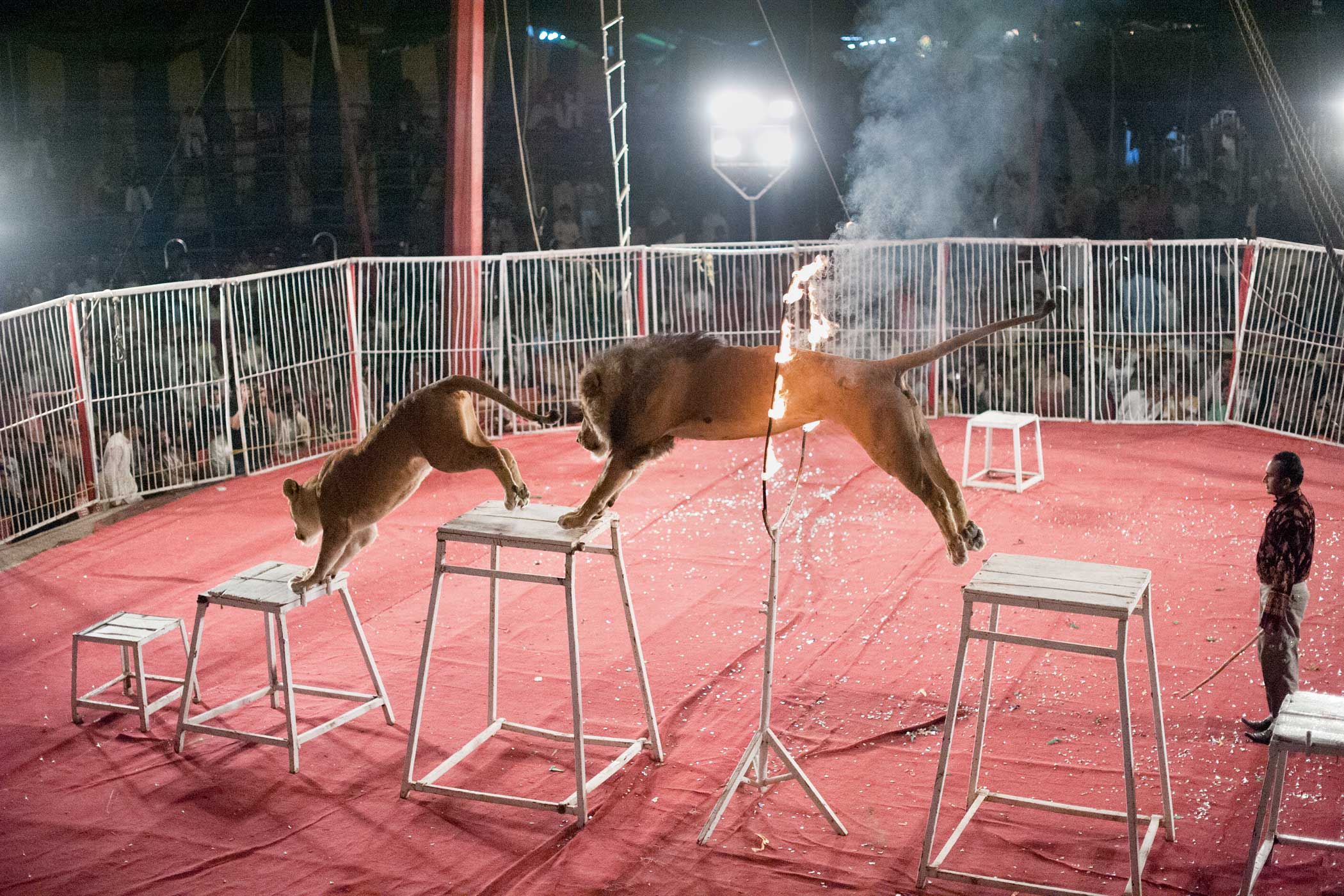
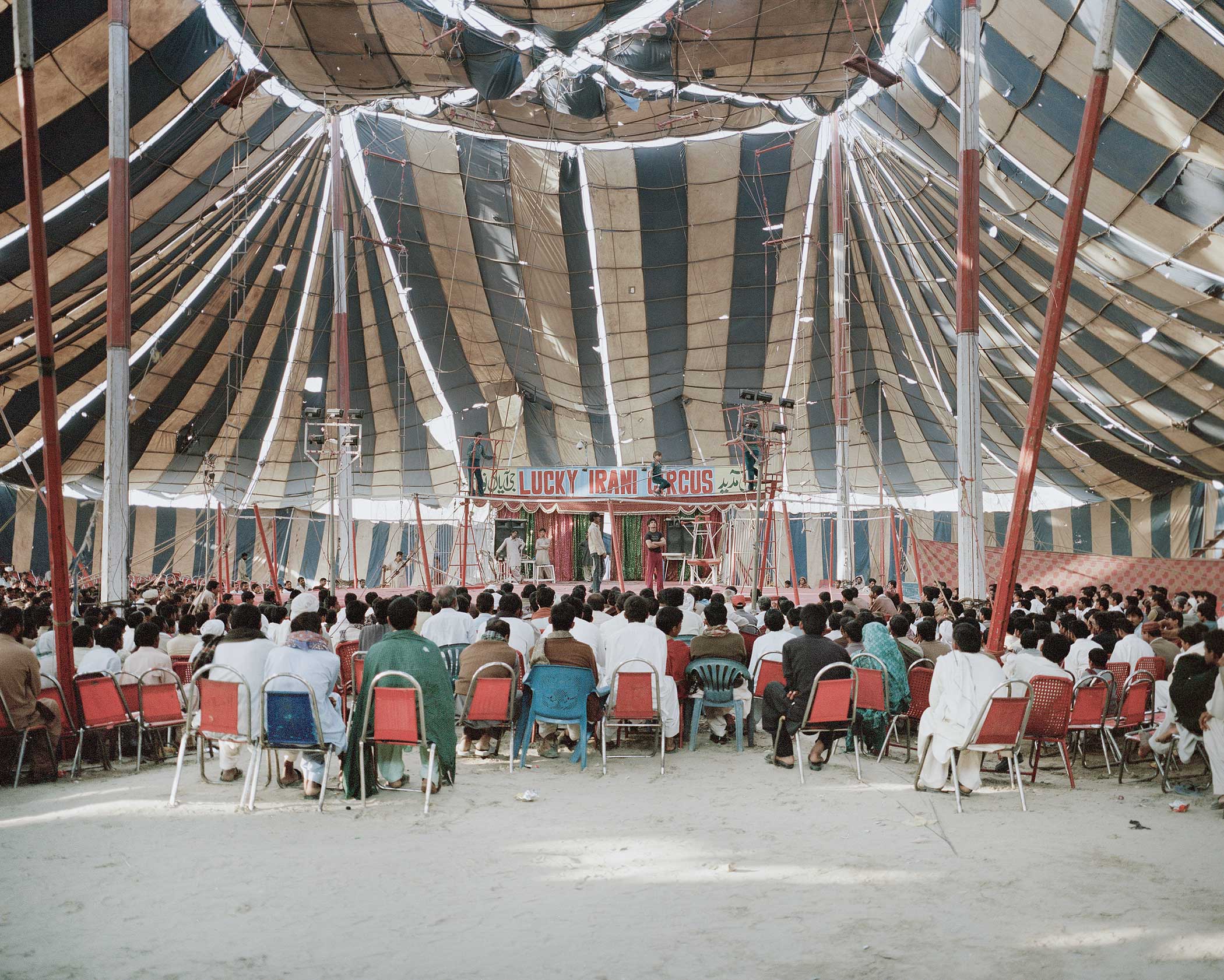
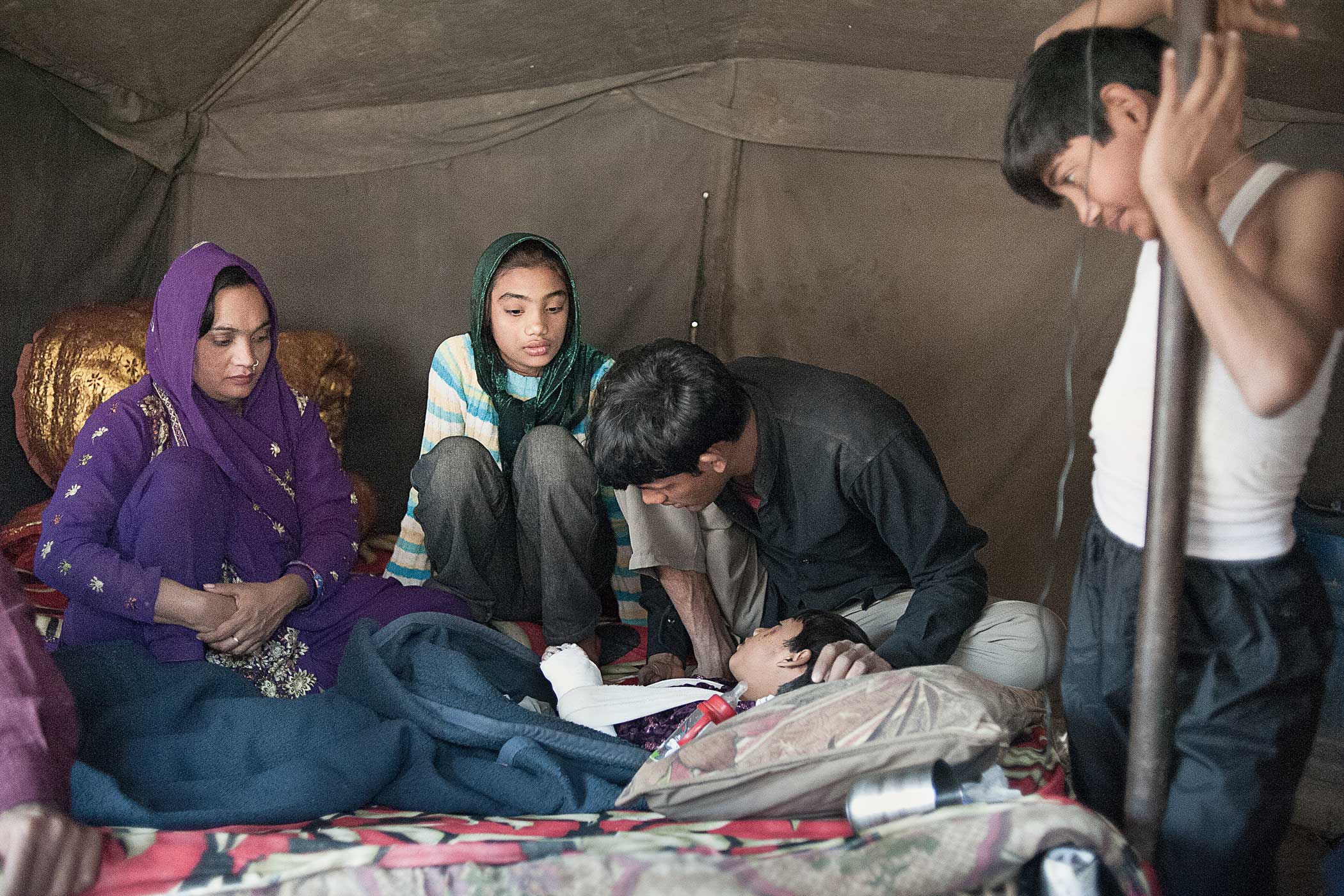
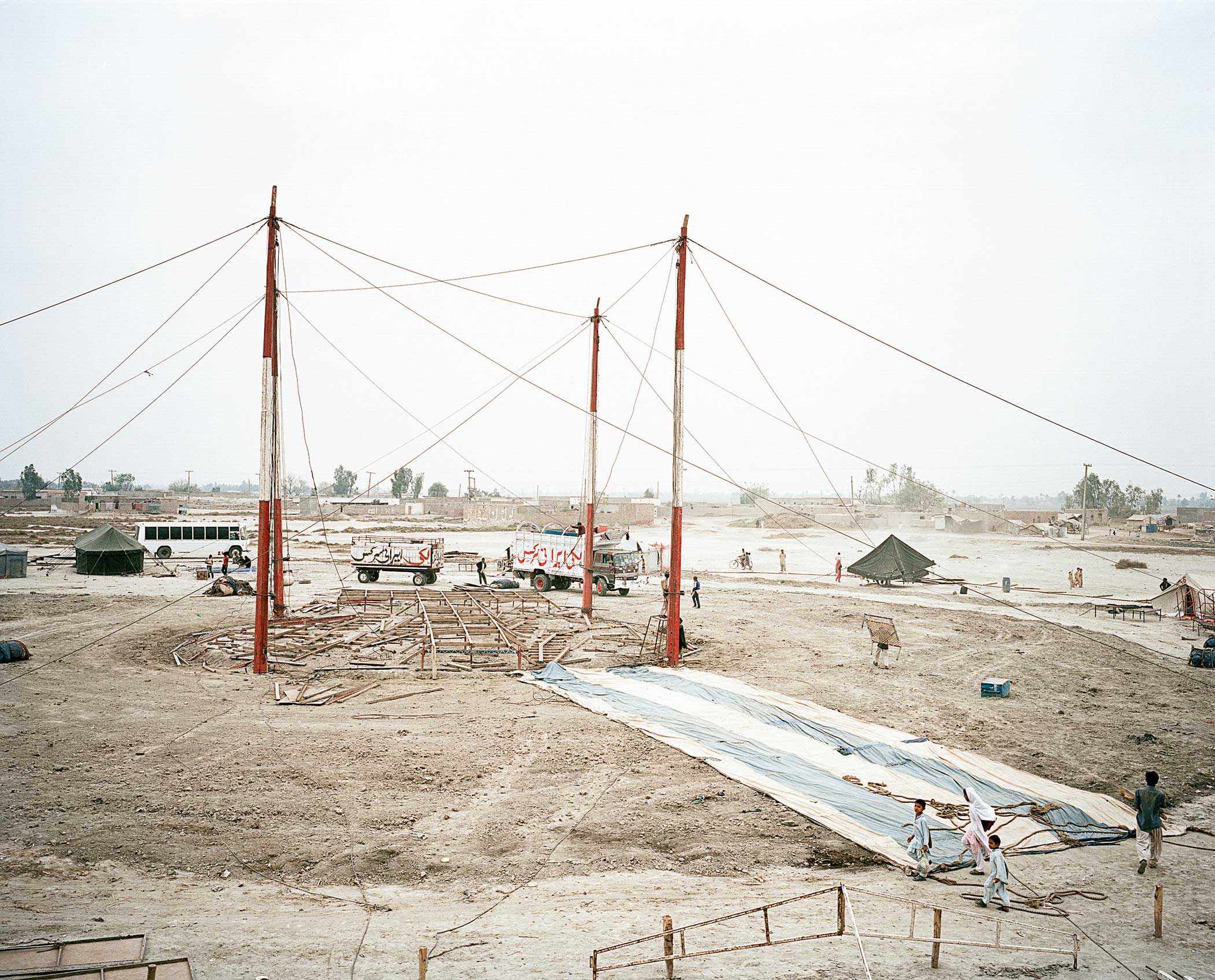
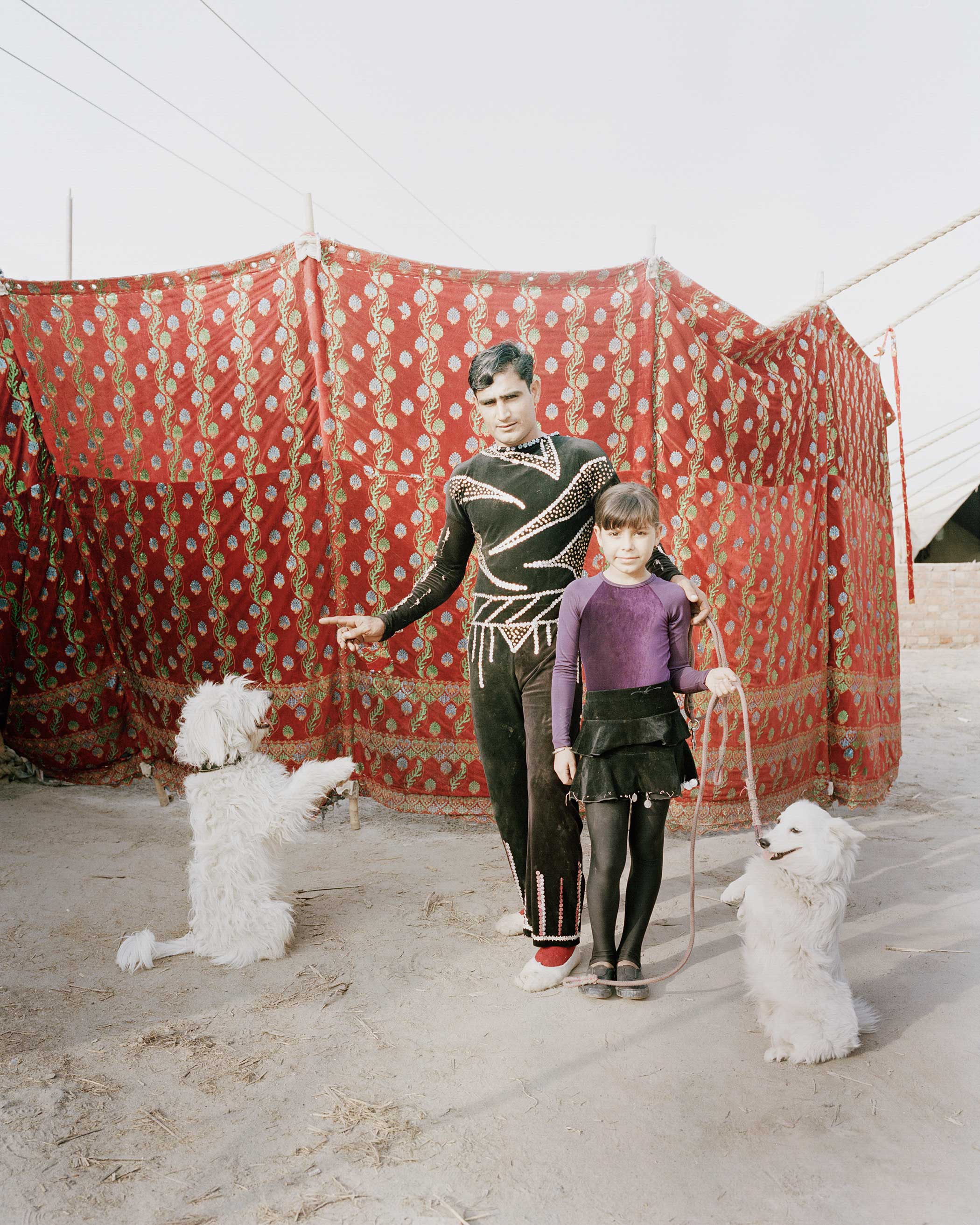
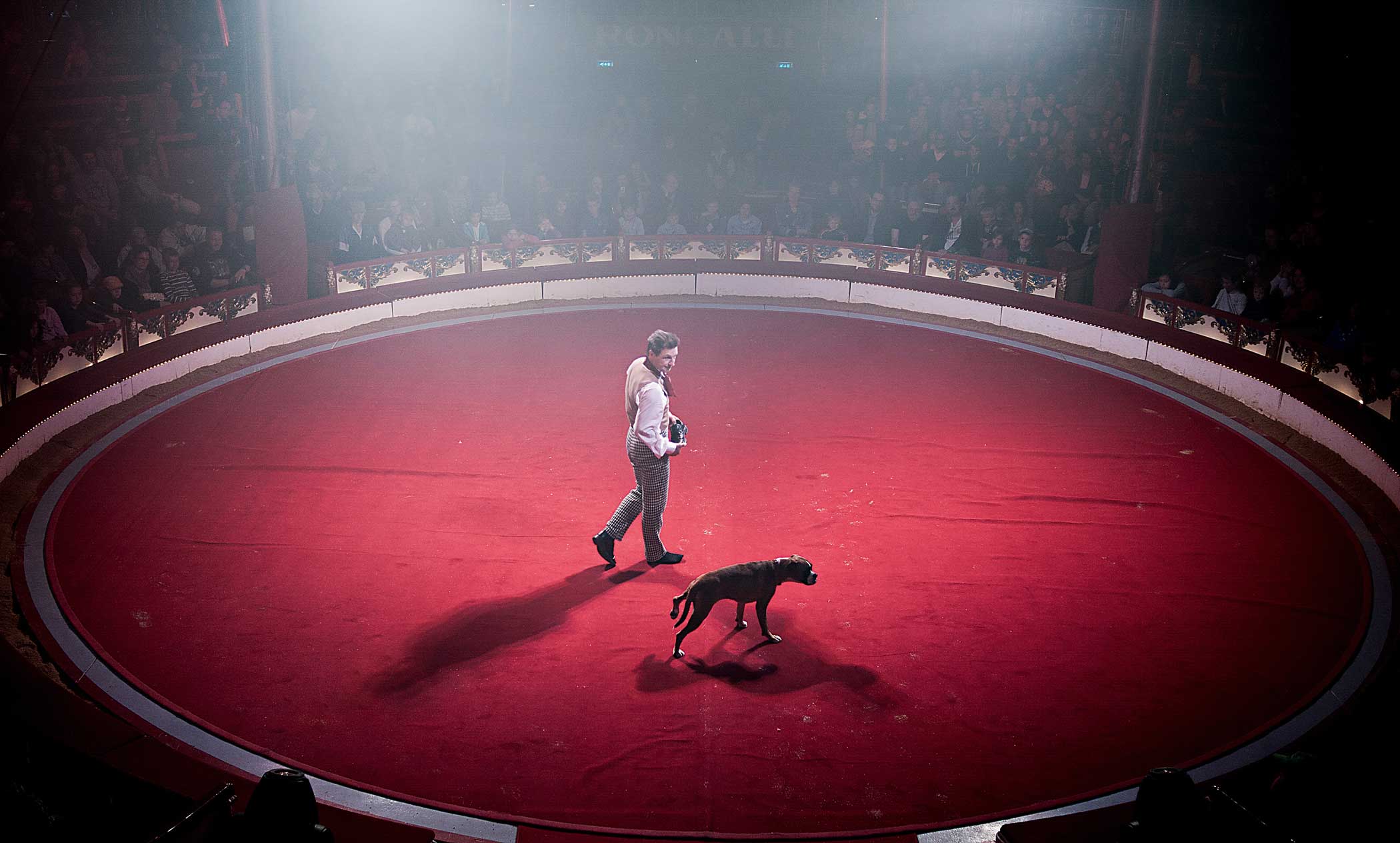
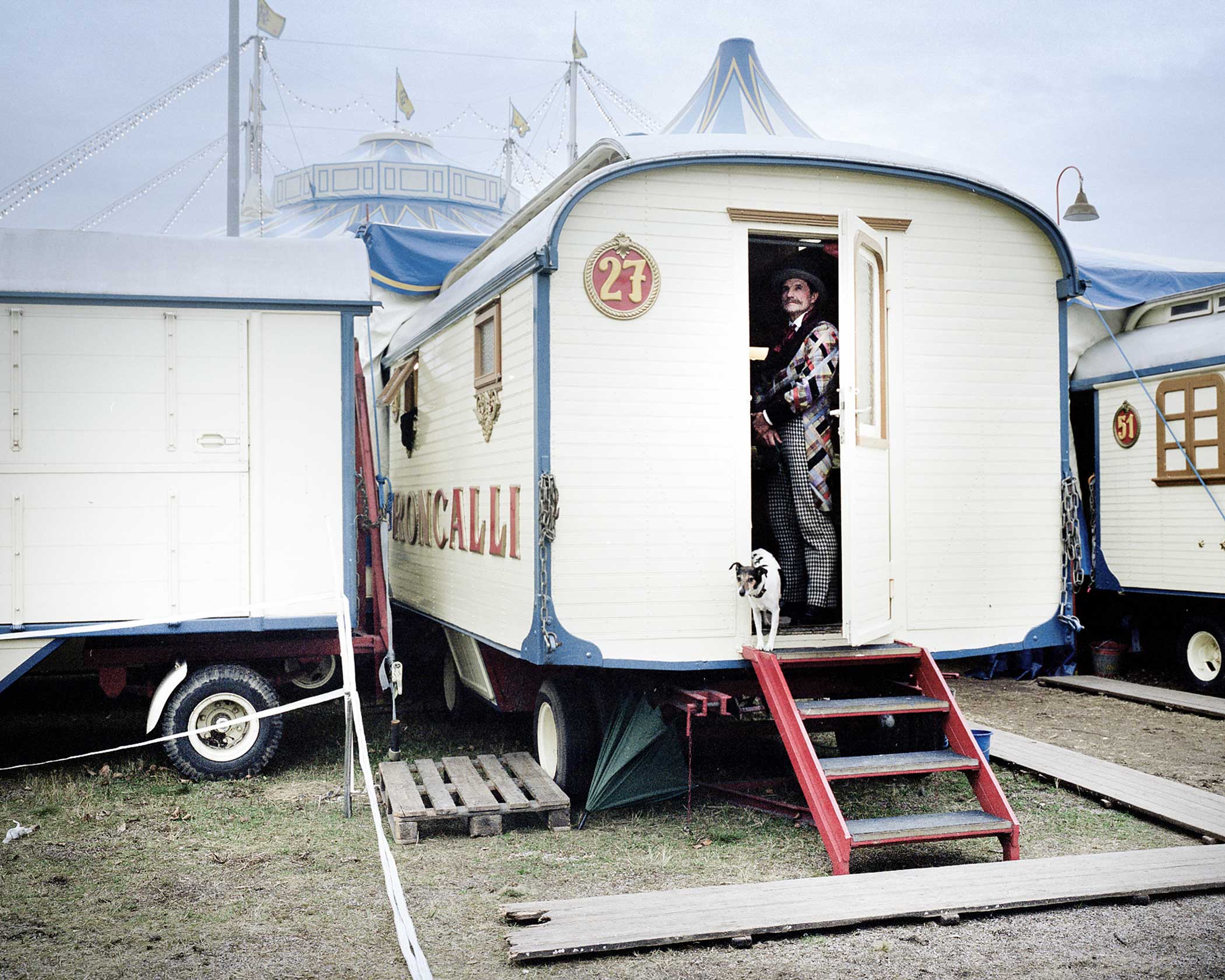
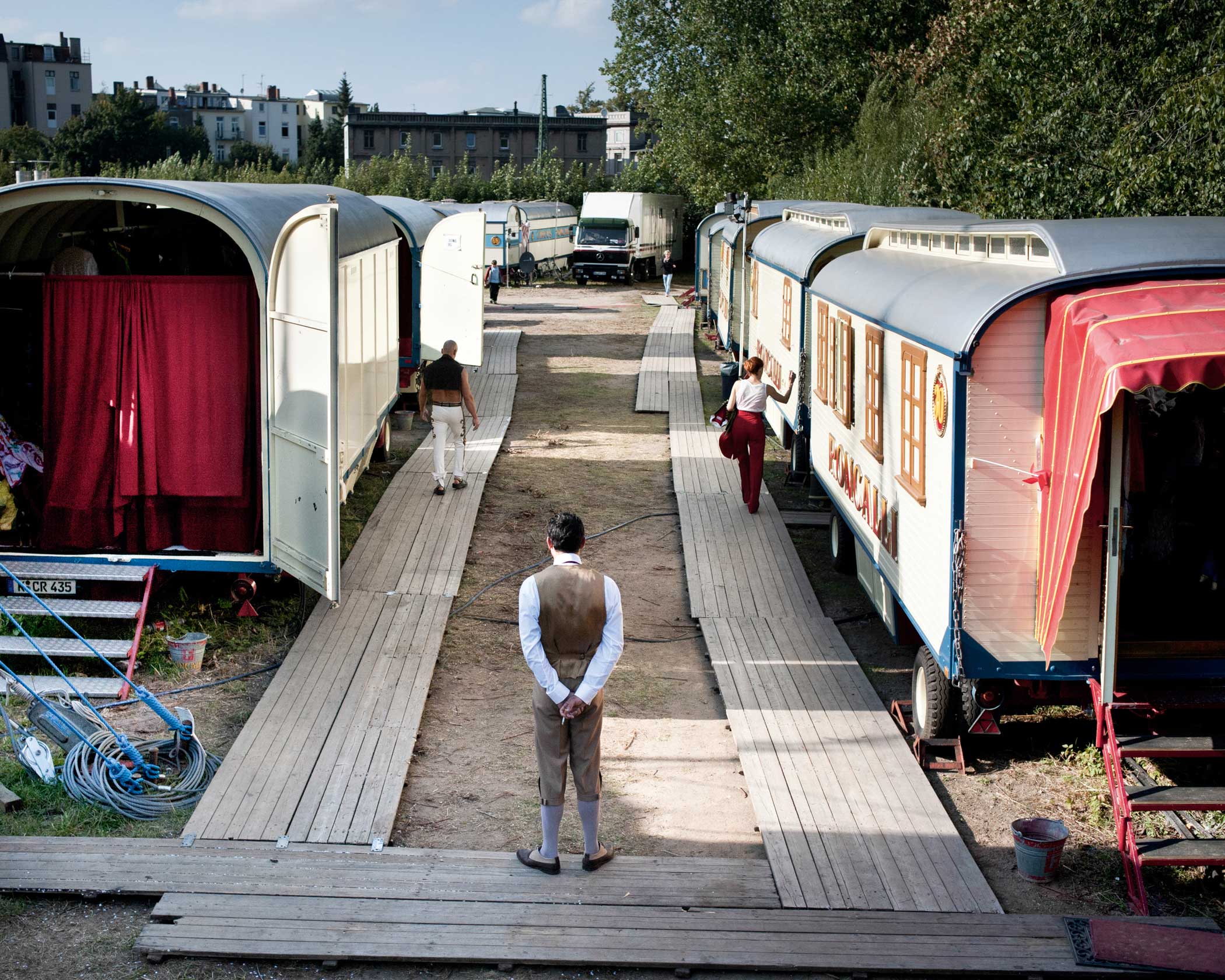
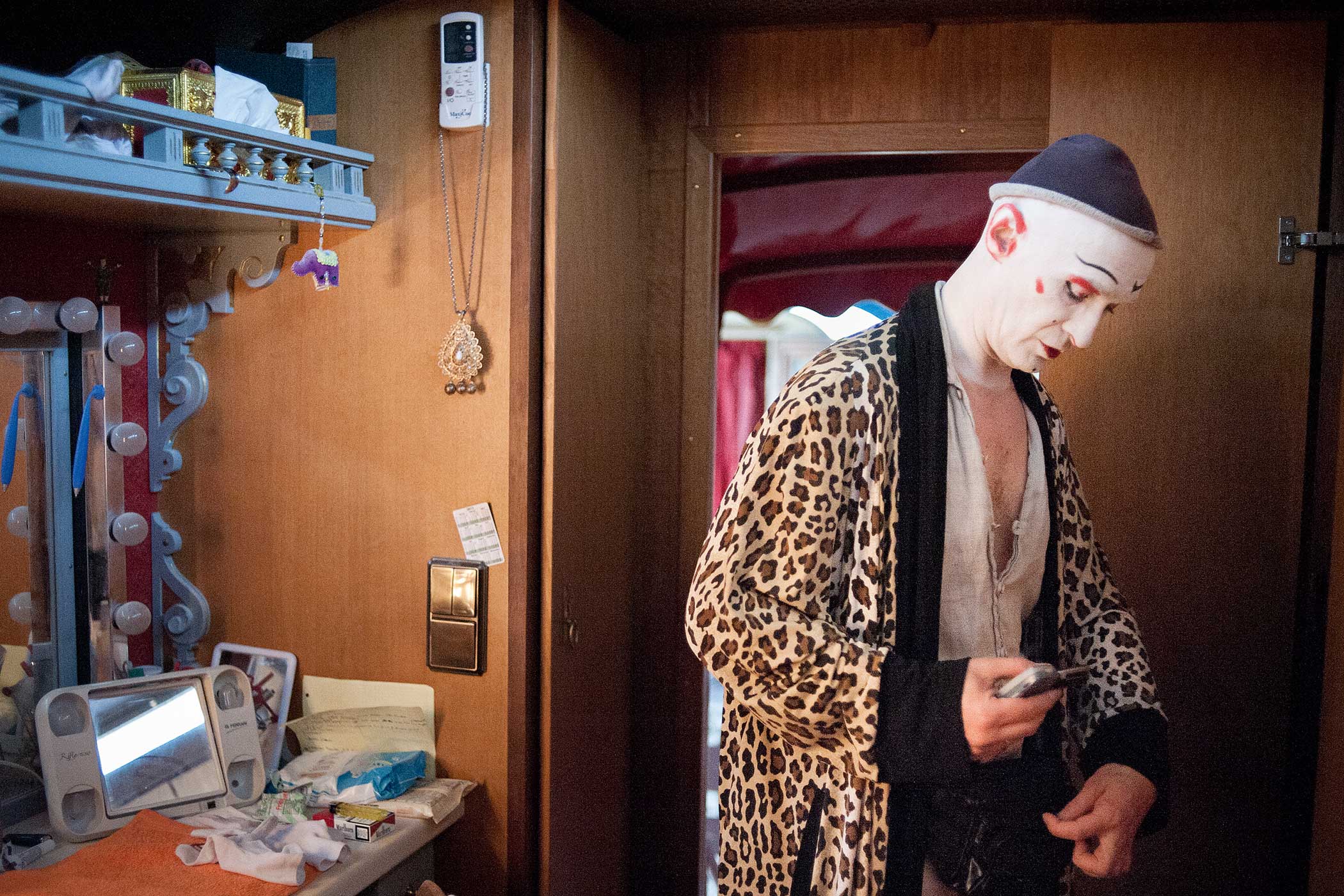
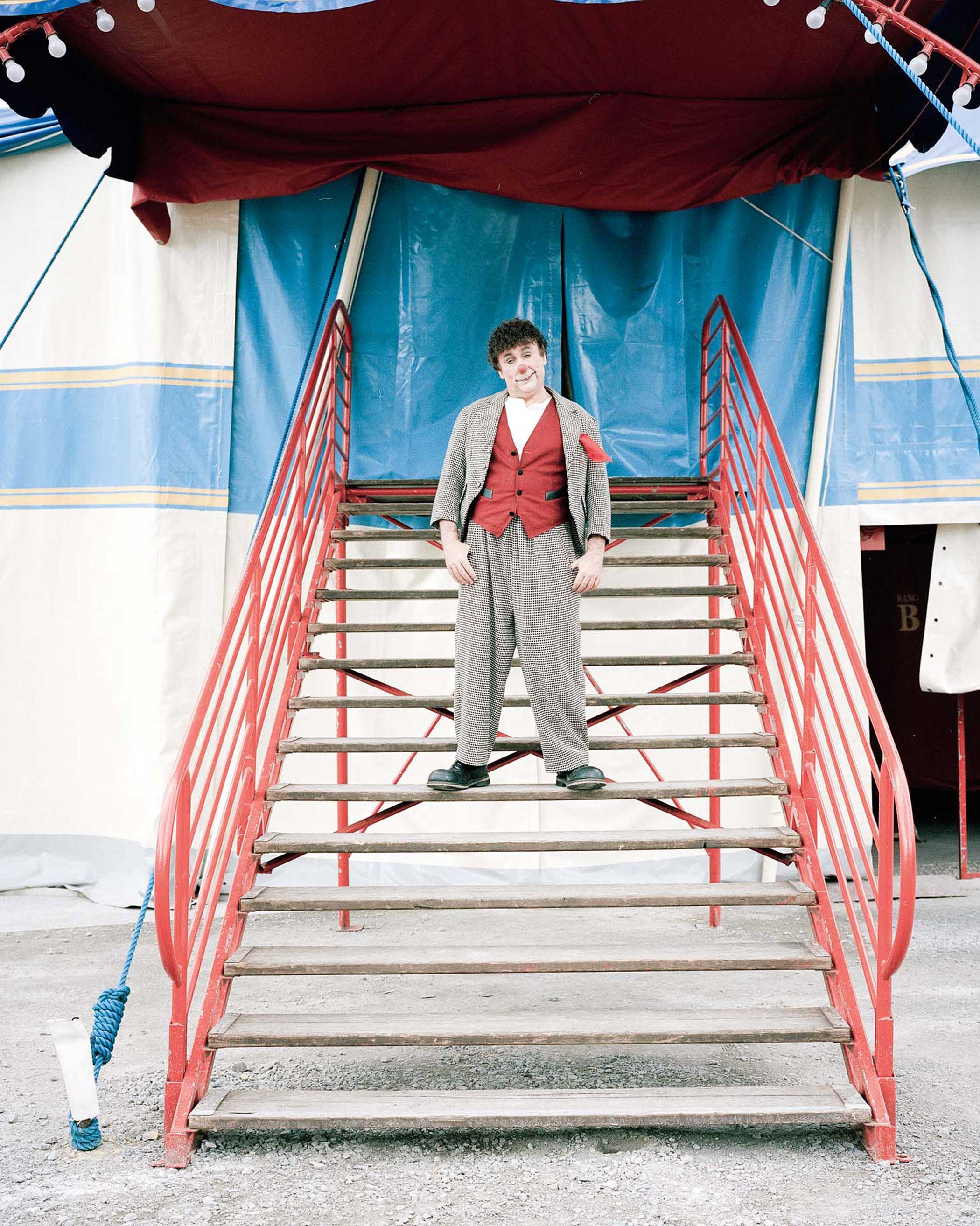
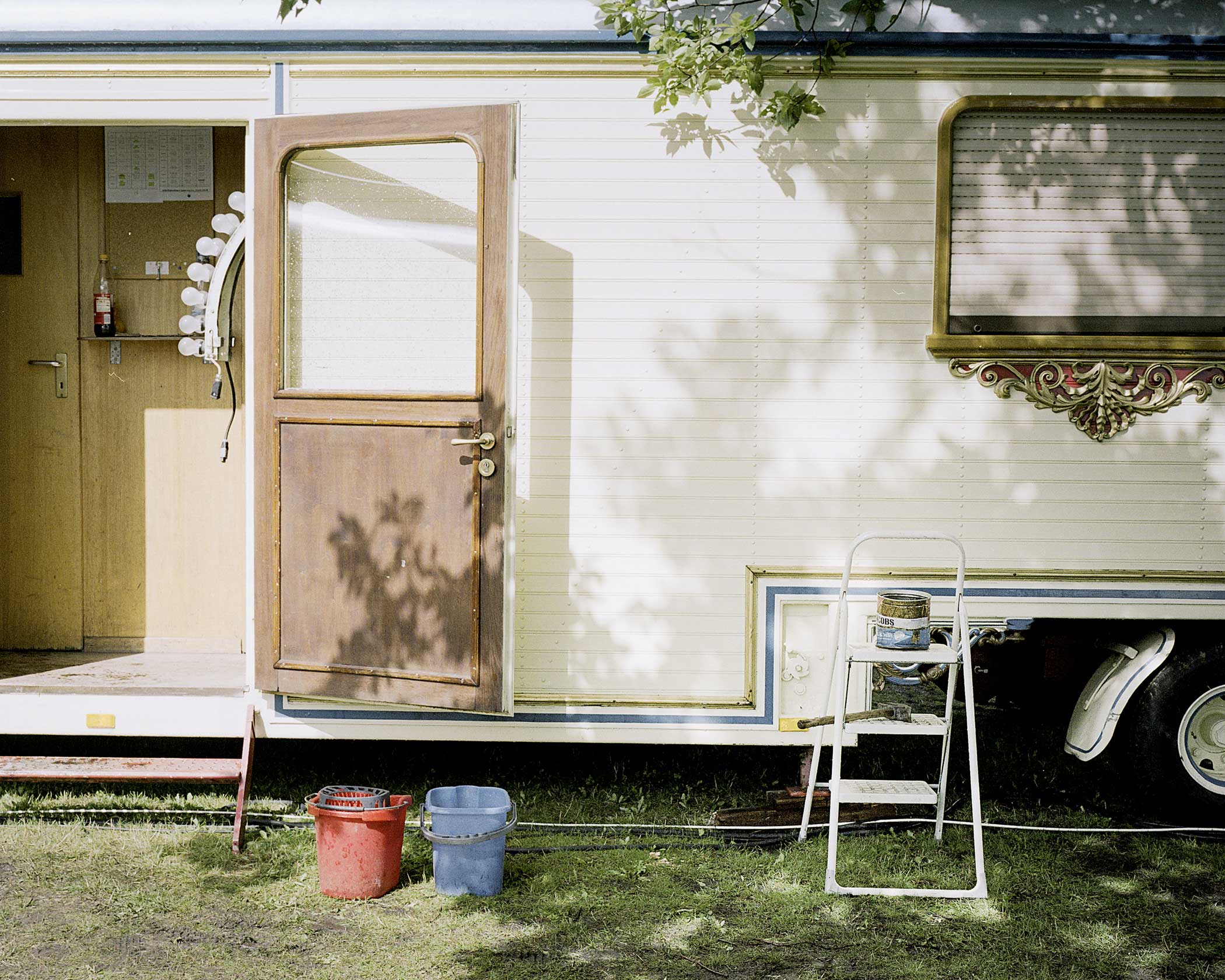
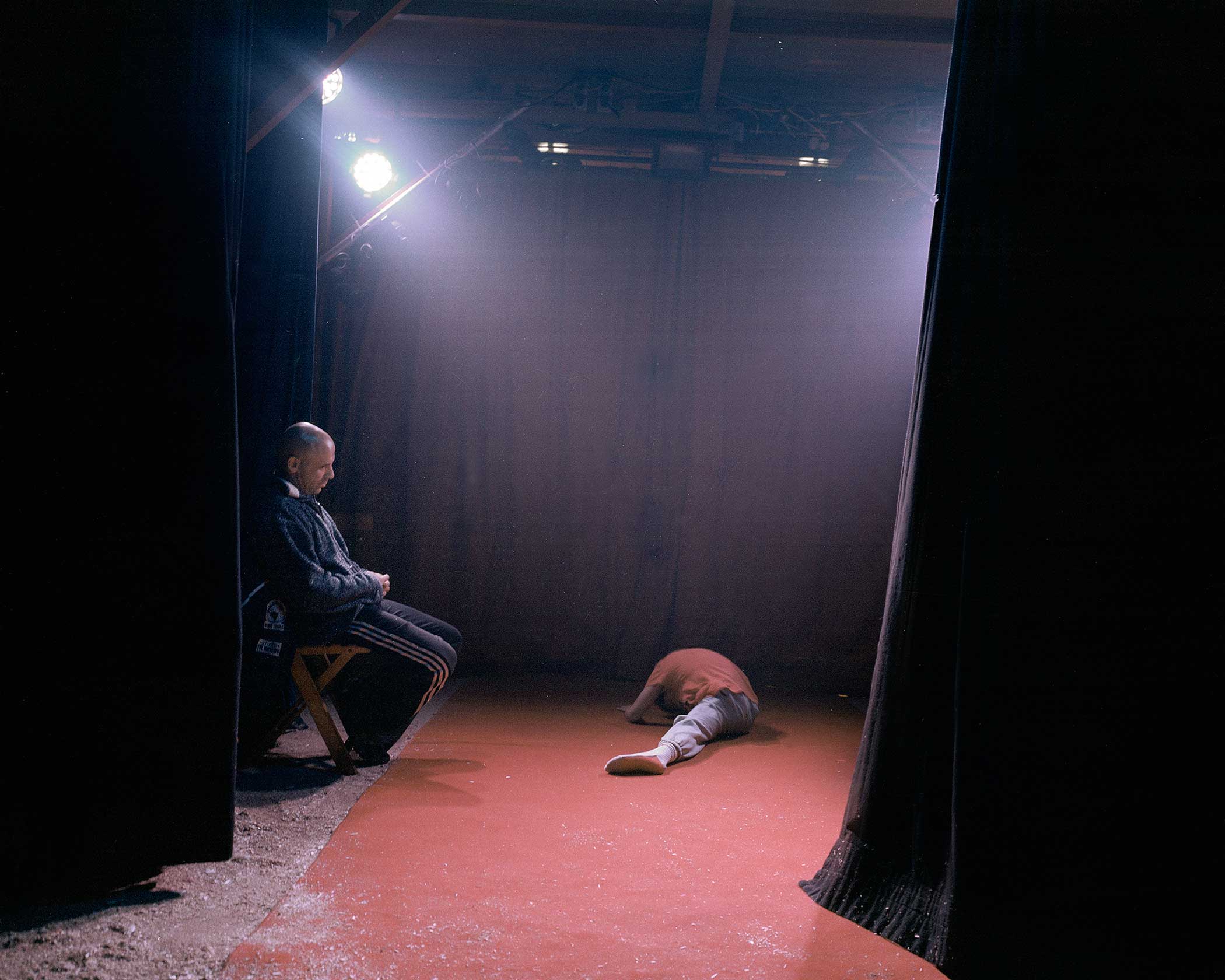
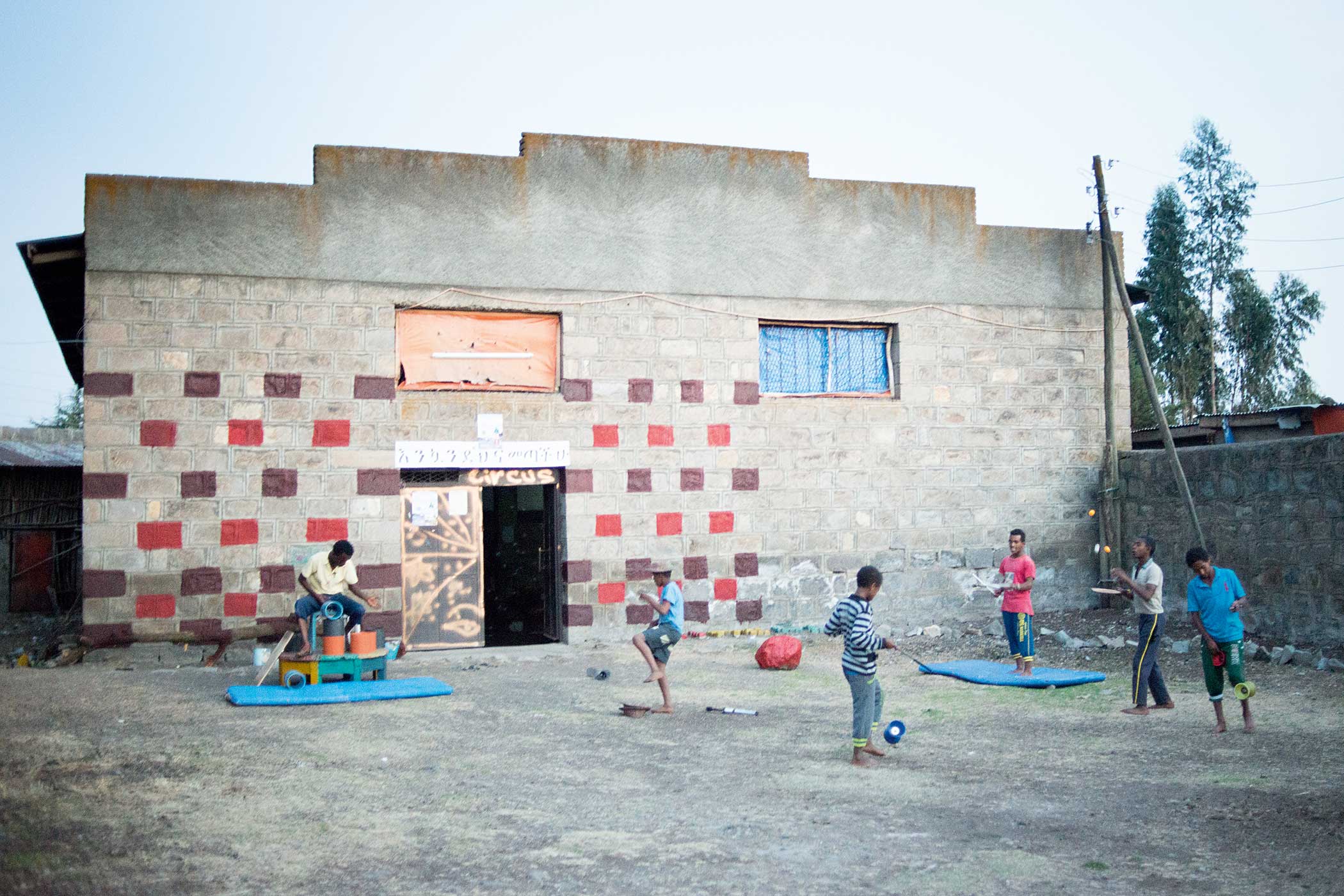
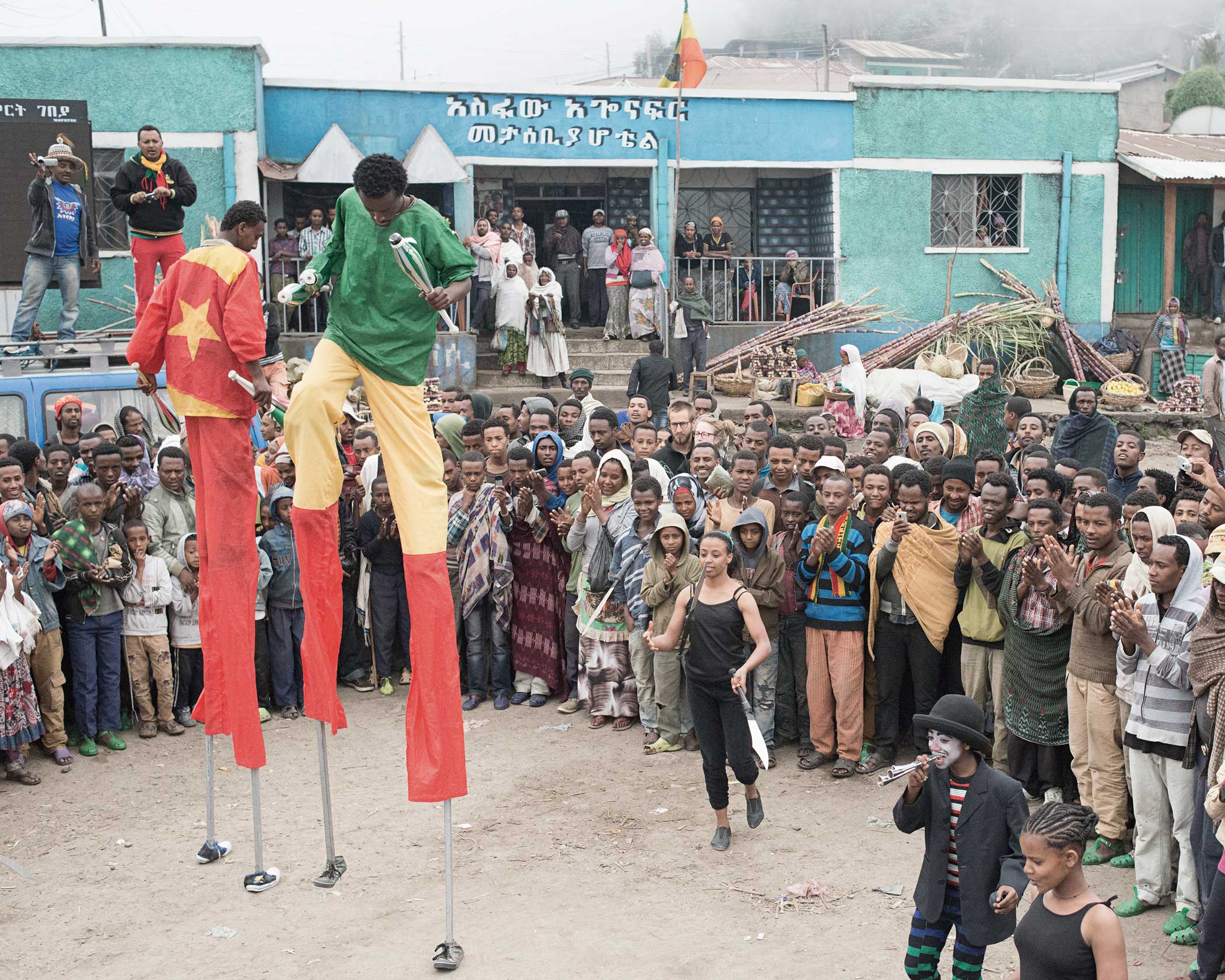
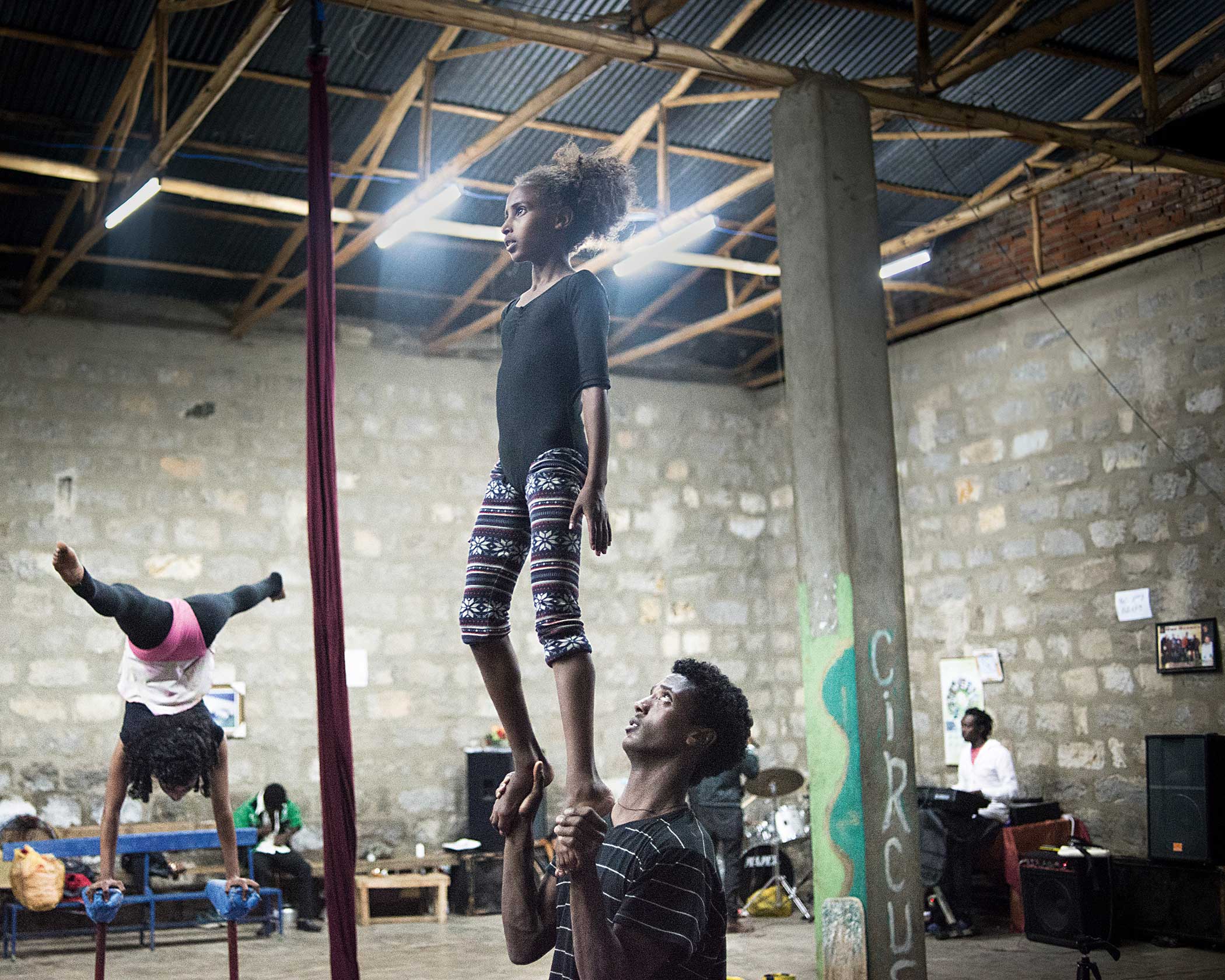
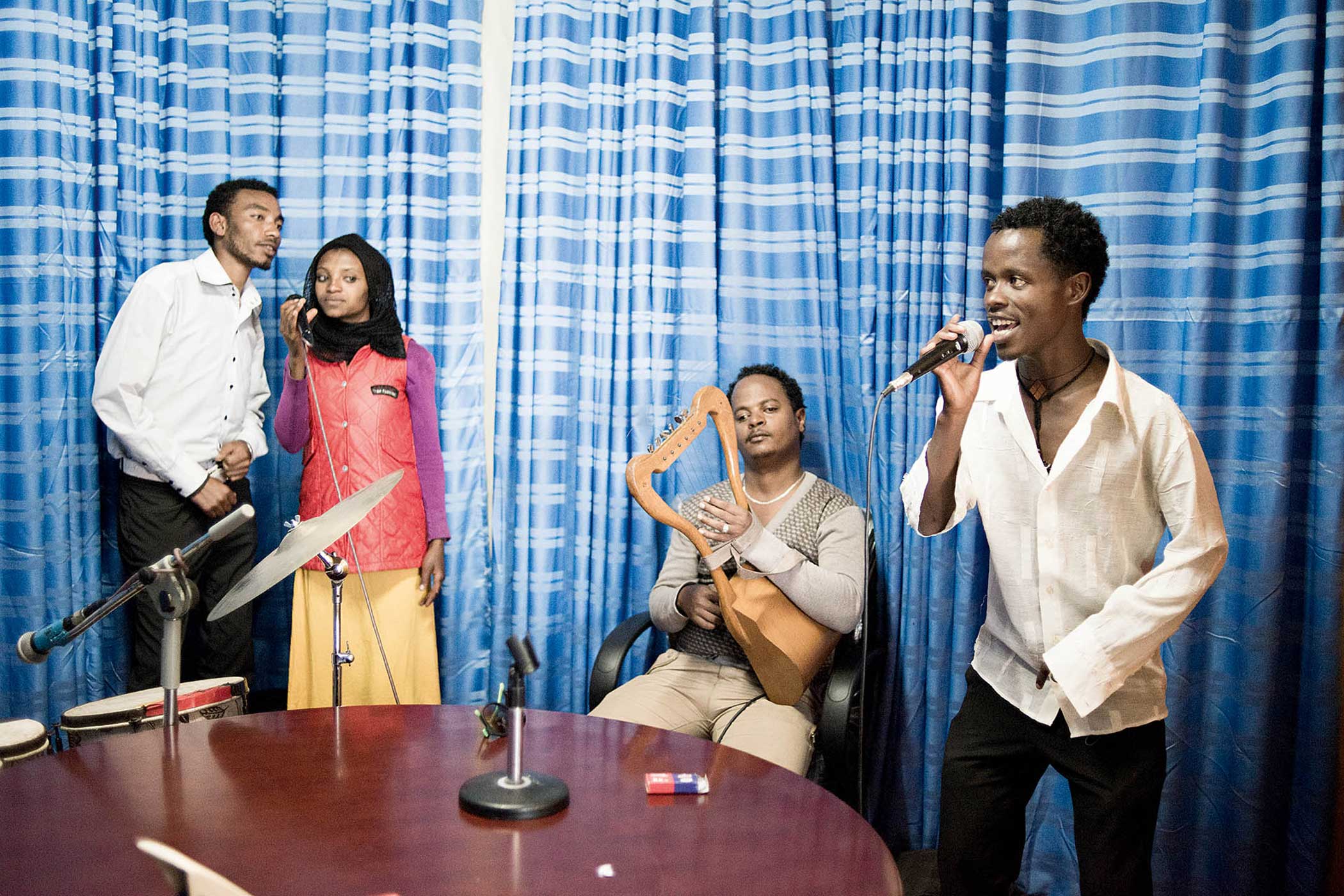
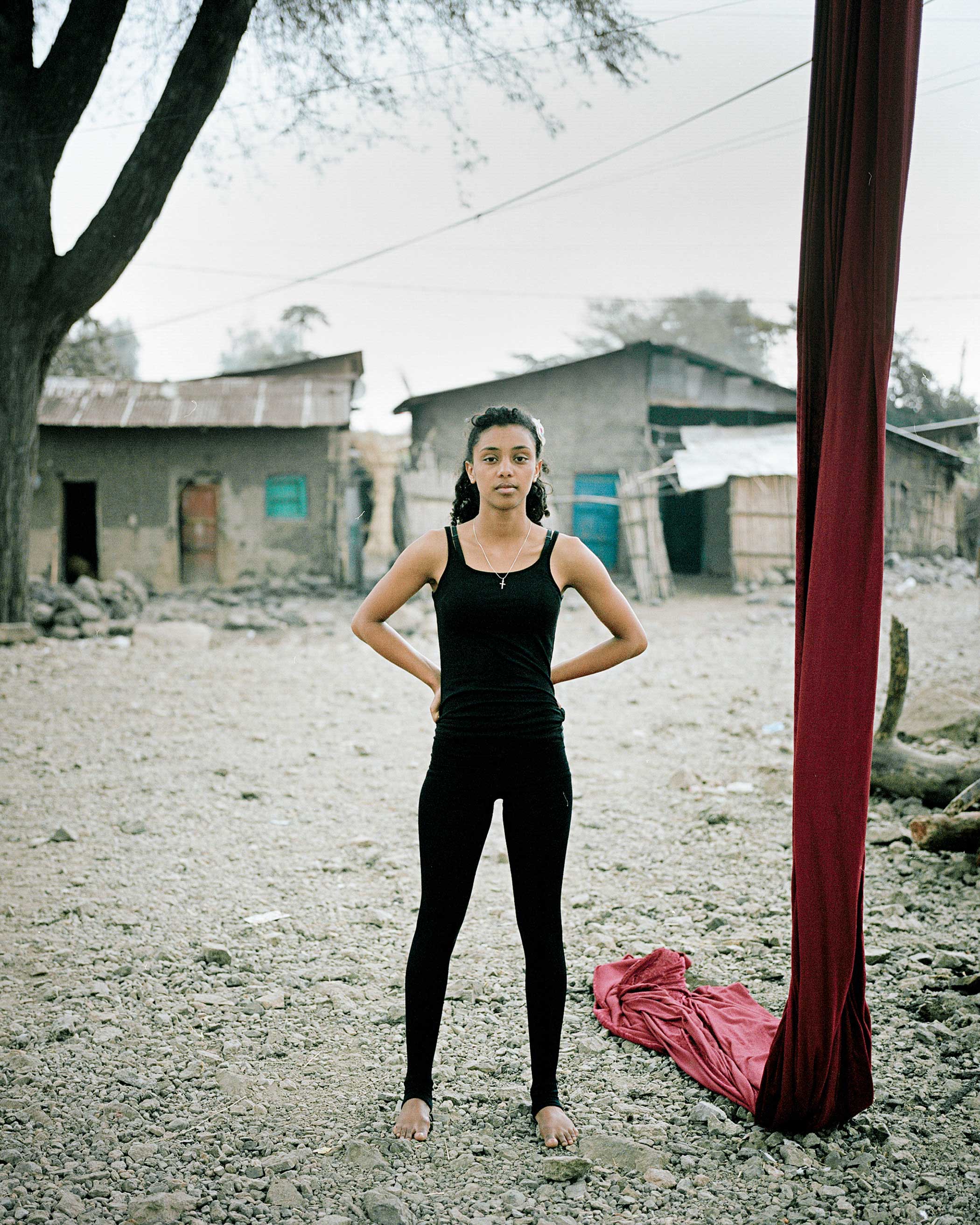
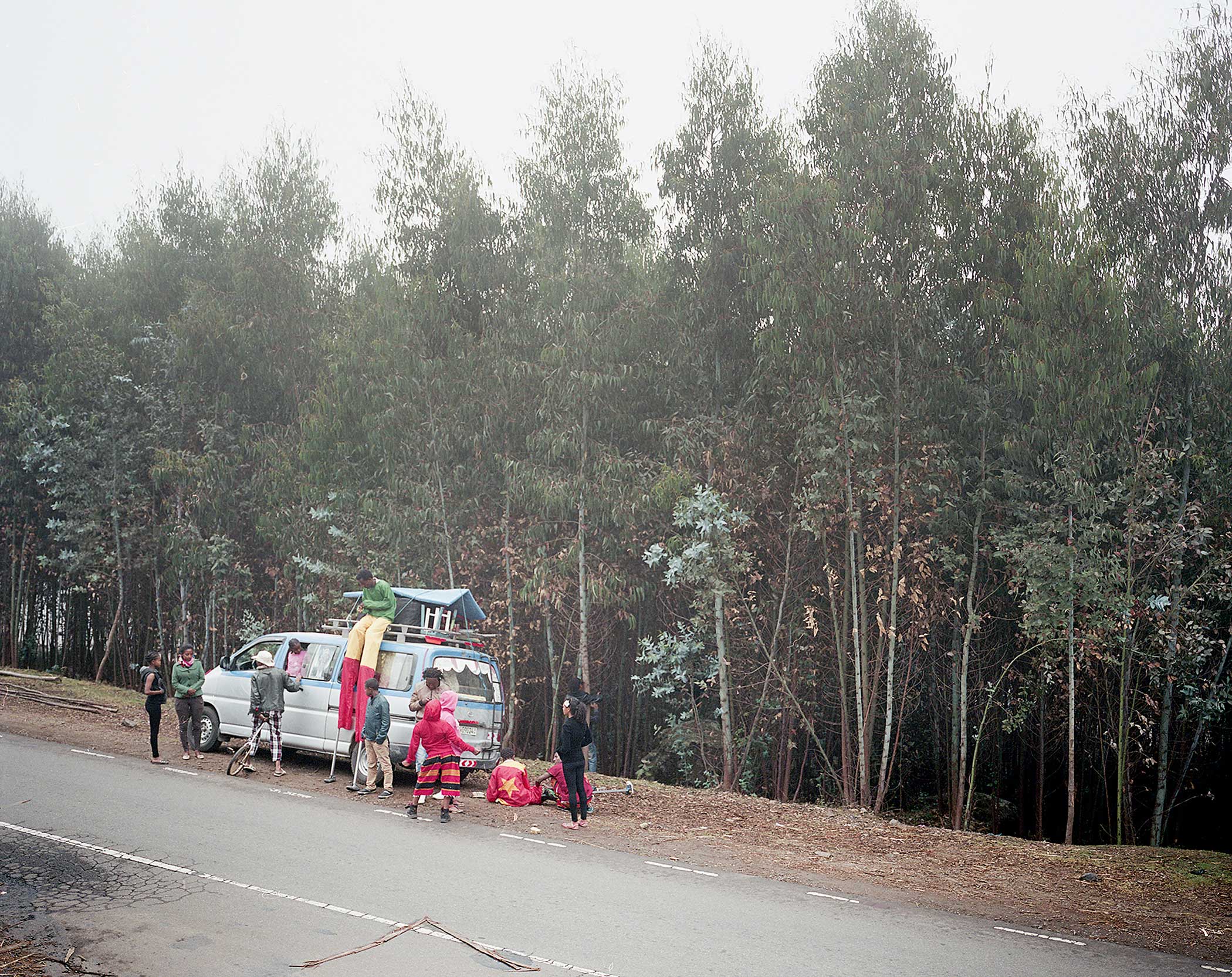
More Must-Reads from TIME
- Donald Trump Is TIME's 2024 Person of the Year
- TIME’s Top 10 Photos of 2024
- Why Gen Z Is Drinking Less
- The Best Movies About Cooking
- Why Is Anxiety Worse at Night?
- A Head-to-Toe Guide to Treating Dry Skin
- Why Street Cats Are Taking Over Urban Neighborhoods
- Column: Jimmy Carter’s Global Legacy Was Moral Clarity
Contact us at letters@time.com